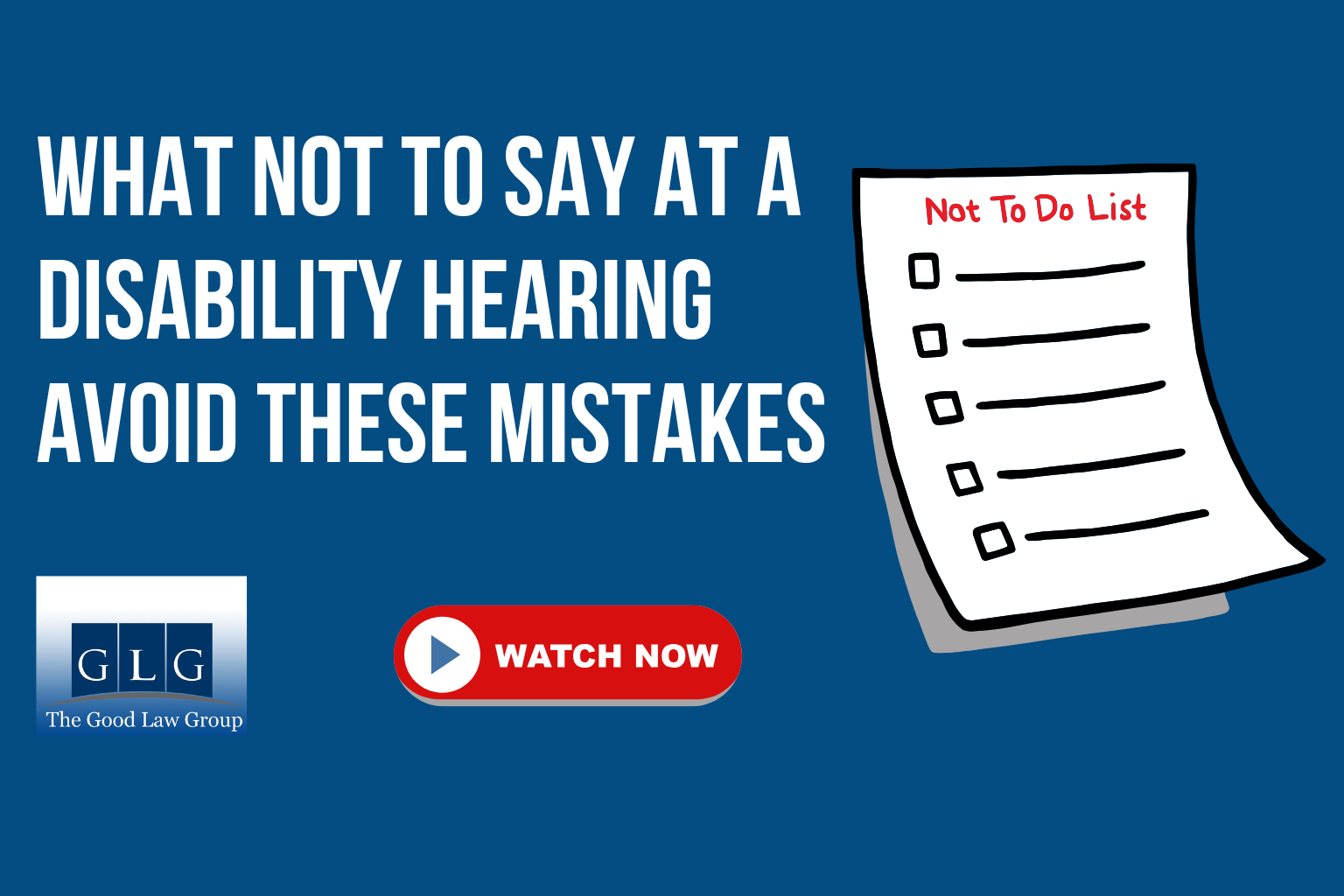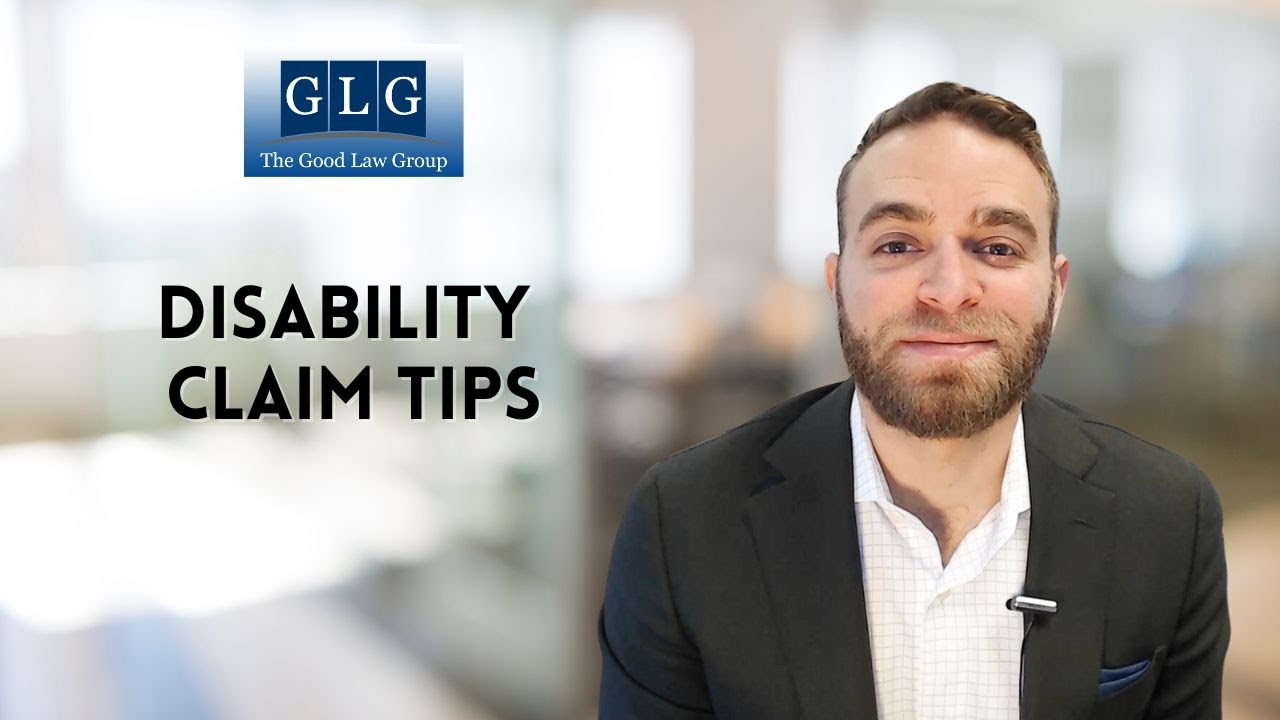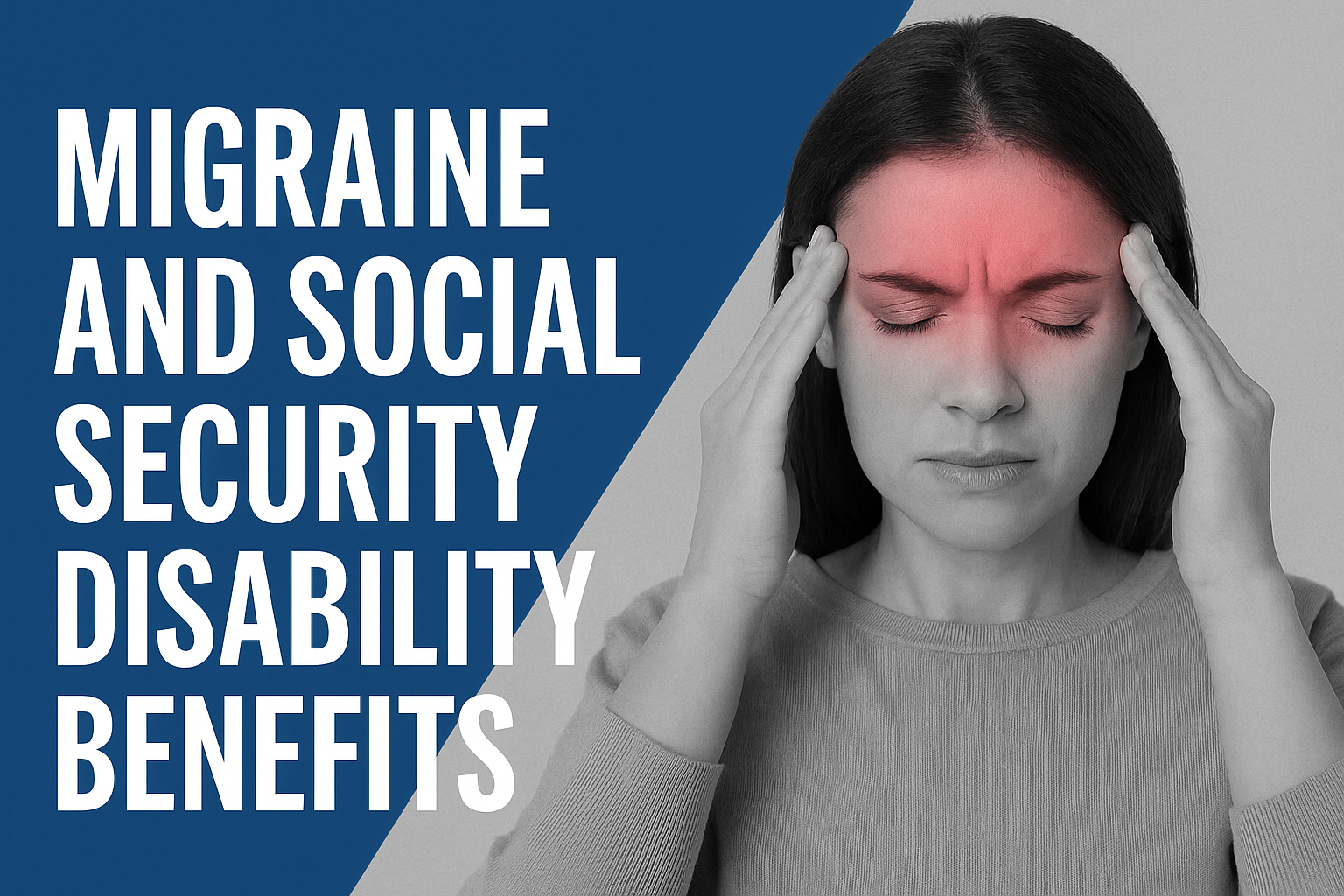
Blindness can make everyday activities difficult or impossible, and it can be burdensome financially. Expenses such as doctor visits, seeing eye dogs and medications can be costly and ongoing. Fortunately, people who are legally blind or significantly limited by vision problems may qualify to receive Social Security Disability benefits.
Means of qualifying
Blind individuals must provide medical evidence of the disabling condition. The Social Security Administration may additionally require independent exams or testing. People who are blind may qualify for benefits if they meet one of the following criteria:
- Vision in the more acute eye cannot be corrected past 20/200
- The visual field of the better eye is 20 degrees or less
- Vision problems fall short of these criteria but still prevent the individual from working
- Vision problems, in conjunction with other physical conditions, preclude gainful employment
Applicants who meet either of the first two criteria may qualify for benefits by simply providing medical documentation. Applicants who meet one of the last two criteria must seek a medical vocational allowance.
The SSA grants these allowances to individuals with conditions that prevent gainful employment but fail to meet specific SSA criteria. The SSA awards allowances based on the severity and effects of the conditions the individual suffers from. The individual’s education, work experience and ability to pursue work in a new field are also considered.
Special programs
The SSA has enacted special rules to help people who are blind continue working or start working. First, the SSA permits people to receive disability benefits for blindness while still working, as long as average monthly earnings do not exceed $1,800. This amount is significantly higher than the limit for people with other conditions.
The SSA also observes a distinct rule for people over age 55 who have pursued less skillful work due to their age or blindness. If an individual exceeds the monthly earnings limit, SSD benefits are suspended but not terminated. If the individual’s monthly earnings later fall below $1,800, the SSA pays the usual benefit amount.
Though the SSA has made many efforts to accommodate people with visual impairments, initially qualifying for benefits can still be difficult for these people. Anyone preparing to seek SSD benefits for blindness should consider working with a Social Security Disability attorney who can provide guidance during the application process








